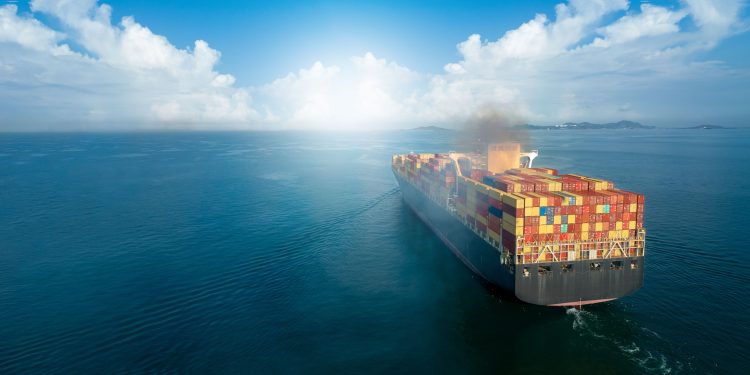June 27, 2025

At an OSPAR meeting held in Brussels on 26 June, environmental ministers from the EU and 15 European countries agreed to introduce the first regional regulation on scrubber discharges.
Under the new rules, discharges from open-loop scrubbers will be banned in internal waters and port areas across the North-East Atlantic (OSPAR Maritime Area) by July 2027. Additionally, discharges from closed-loop scrubbers will be prohibited by January 2029.
To remind, ahead of the OSPAR Ministerial Meeting, 20 NGOs had urged OSPAR Environment Ministers to ban toxic wastewater discharge from scrubbers.
Following the announcement, Seas At Risk, welcomed the decision deeming it a s a landmark in regional shipping regulation.
This is a landmark moment for marine protection, showing that regional cooperation can drive real environmental progress in the maritime sector. Toxic waste water from scrubbers has no place in the ocean. This ban will not only be a boost for marine life, but also for coastal communities that rely on a healthy sea for their livelihoods.
…said Sian Prior, Shipping Director, Seas At Risk.
OSPAR is the mechanism by which 15 Governments and the European Union cooperate to protect the marine environment of the North-East Atlantic.
OSPAR started in 1972 with the Oslo Convention against dumping and was broadened to cover land-based sources of marine pollution and the offshore industry by the Paris Convention of 1974. These two conventions were unified, up-dated and extended by the 1992 OSPAR Convention.
The fifteen Governments are Belgium, Denmark, Finland, France, Germany, Iceland, Ireland, Luxembourg, The Netherlands, Norway, Portugal, Spain, Sweden, Switzerland and United Kingdom.
However, Seas At Risk noted that while a majority of OSPAR states wanted to be more ambitious and ban scrubber discharges throughout the full extent of territorial seas (12 nautical miles), a lack of full consensus meant that this element was not included in the current decision, and it will only be recommended that discharges are banned in territorial seas.
A review of the impact for territorial seas of OSPAR Members will take place in the coming year, with a view to reaching a decision by 2027.
Turning air pollution into ocean pollution is not an acceptable trade-off. It is vital that all OSPAR Members support the proposal to extend the ban to territorial waters, especially as cleaner, widely available alternatives exist. Such a ban will improve water quality and protect marine life in the coastal areas of the entire North-East Atlantic.
…highlighted Maarten Verdaasdonk, Project Manager, North Sea Foundation.

